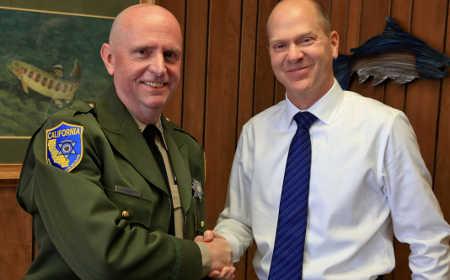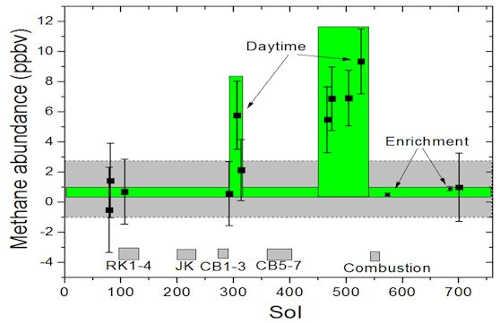- DENNIS FORDHAM
- Posted On
Estate Planning: The confidential marriage
The elderly and sick people who live alone and are isolated are unfortunate targets for predators who befriend them, become caregivers, and insinuate themselves into the elderly person’s estate.
Accordingly, California law presumes that certain gifts by elderly persons – 65 and over – to their unrelated caregivers, are the result of fraud, undue influence, menace and/or coercion, and thus void.
There are important exceptions. One exception is for spouses.
Let us examine how confidential marriages – which do not require any witnesses and do not become part of the public record – can be abused by predators.
To begin with, why are confidential marriages even allowed in California?
California’s confidential marriage law originates in 1878 when the state allowed clergymen to marry couples who had been living together outside of marriage.
In 1972, California expanded the types of persons who could marry such couples.
Even a California Notary Public, with special authorization, can issue a confidential license agreement, perform the wedding ceremony and file the signed license with the county clerk.
Unlike a regular marriage certificate, a confidential marriage certificate is not a public record for anyone to see.
The confidential marriage license is only filed with the county where the license is issued and a certificate of marriage can only be obtained by either spouse.
A court order is required for anyone else to obtain a copy of the confidential marriage certificate.
Thus, no one other than the couple involved and the person who performed the marriage need ever know that the marriage even occurred, when it occurred, and where it occurred.
Why is that important?
That is important because if family of the elder abuse victim know while the victim is alive that a marriage has taken place then they can go to court to contest the marriage while the victim can still be questioned.
The longer the confidential marriage continues in secret the more of the victim’s assets can be retitled away from the elder.
Not surprisingly, the confidential marriage license is used by predators who do not want anyone to know what they are up to.
For example, one unscrupulous estate planning attorney used the confidential marriage license to marry his elderly client.
After her client/husband died, the attorney claimed that she was entitled to a share of her late husband’s estate as an omitted spouse.
Fortunately, the deceased husband’s nieces flew over from Norway and prevailed in court.
Given the confidential marriage’s susceptibility to abuse, is there any valid reason for keeping it?
Various arguments can be made that confidential marriages are still relevant today.
First, they help protect you against modern day identity theft. The items of information that are obtainable from the public marriage certificates are very useful to other types of predators who commit credit card fraud.
Second, some same sex couples wish to marry but to keep their marriage confidential.
Third, similarly well-known celebrities may wish to marry in privacy, which protects both spouses.
Given the harm that can be done by abusing the confidential marriage it is apparent that safeguards need to be added to the use of confidential marriage.
Dennis A. Fordham, attorney (LL.M. tax studies), is a State Bar Certified Specialist in Estate Planning, Probate and Trust Law. His office is at 870 S. Main St., Lakeport, California. Fordham can be reached by e-mail at This email address is being protected from spambots. You need JavaScript enabled to view it. or by phone at 707-263-3235. Visit his Web site at www.dennisfordhamlaw.com .











